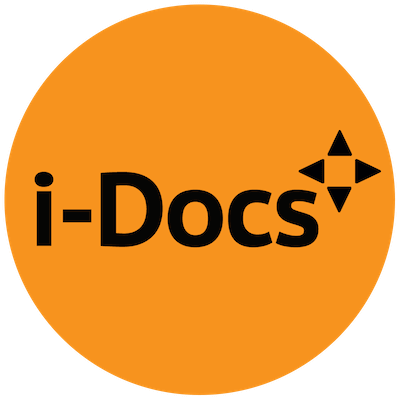
Brenda Longfellow is an award-winning filmmaker, writer and film theorist. Her productions includeOur Marilyn (1987), an experimental documentary on Canadian swimmer Marilyn Bell; the feature-length drama Gerda (1992), on the life and times of Gerda Munsinger; A Balkan Journey/Fragments From The Other Side of War (1996); the Genie Award-winning documentary Shadow Maker: Gwendolyn MacEwen, Poet (1998); and Tina in Mexico (2002), a feature documentary on the silent film star and avant-garde photographer Tina Modotti, which won Best Arts Program at the Yorkton Film Festival, Bronze at the Columbus Film Festival, and a Golden Rose at the Montreux Television Festival.
Dr. Longfellow has published numerous articles on feminist film theory and Canadian cinema inCineTracts, Screen, CineAction and the Journal of Canadian Film Studies. She is a co-editor of the recent anthology Gendering the Nation: Canadian Women Filmmakers.
Session Title: Offshore: An Interactive Web Documentary in Process
OFFSHORE is an interactive web documentary currently in process that uses non-linear storytelling to immerse viewers in the real world consequences of offshore drilling: ‘Extreme Oil’ some call it or “Cowboy Drilling”– hundreds of miles offshore, thousands of feet beneath the ocean floor, in dangerous and risky conditions where the hazards are immense but the profits are bigger, and where the consequences of something going wrong are catastrophic. Patchily regulated, frequently invisible, offshore represents the last frontier of hydrocarbon extraction in the 21st century as ‘wildcatters’ and oil majors, Russian oligarchs and Scottish ‘minnows’ get in the game, elbowing for leases and drilling off the coasts of Barbados, China, Russia, Greenland, Vietnam, Cuba, Brazil, Angola, Ghana and newly minted petro states like the tiny islands of Sao Tome and Principe in the Gulf of Guinea.
Using an innovative mixture of fiction and documentary, OFFSHORE takes the viewer on a journey to three key sites: Louisiana, the Gulf of Guinea and the Arctic as we meet characters and commentators implicated in the shadow world of offshore. Our central ‘avatar’ is a 25 year old computer programmer named Elsbeth. Elsbeth is an MIT graduate and secret hacker. We journey with Elsbeth as she moves on and off the rig, flying the ‘hitch’ every 21 days. Moving between on and offshore locations, virtual and real spaces, our stalwart heroine encounters documentary characters and fictional composites, enters a secret archive on board which holds clues and evidence on corruption in the oil industry and begins to connect with an international network of informants and correspondents on the web who feed her information on the secret political machinations, regulatory malfeasance and ecological fallout of offshore oil exploitation.
As she delves further into this web of intrigue, she faces a stark and dramatic choice: to continue her support of a system that provides her with handsome renumeration or shift her loyalties to a growing underground movement of hackers and activists, nouveau pirates and dreamers who are taking over abandoned oil rigs and reconstituting them as utopic intentional communities.
This paper will show our prototypes and discuss some of the challenges we are facing as we attempt to integrate real world actions and virtual spaces as we design a web journey that implicates viewers in deep ethical and political issues.
